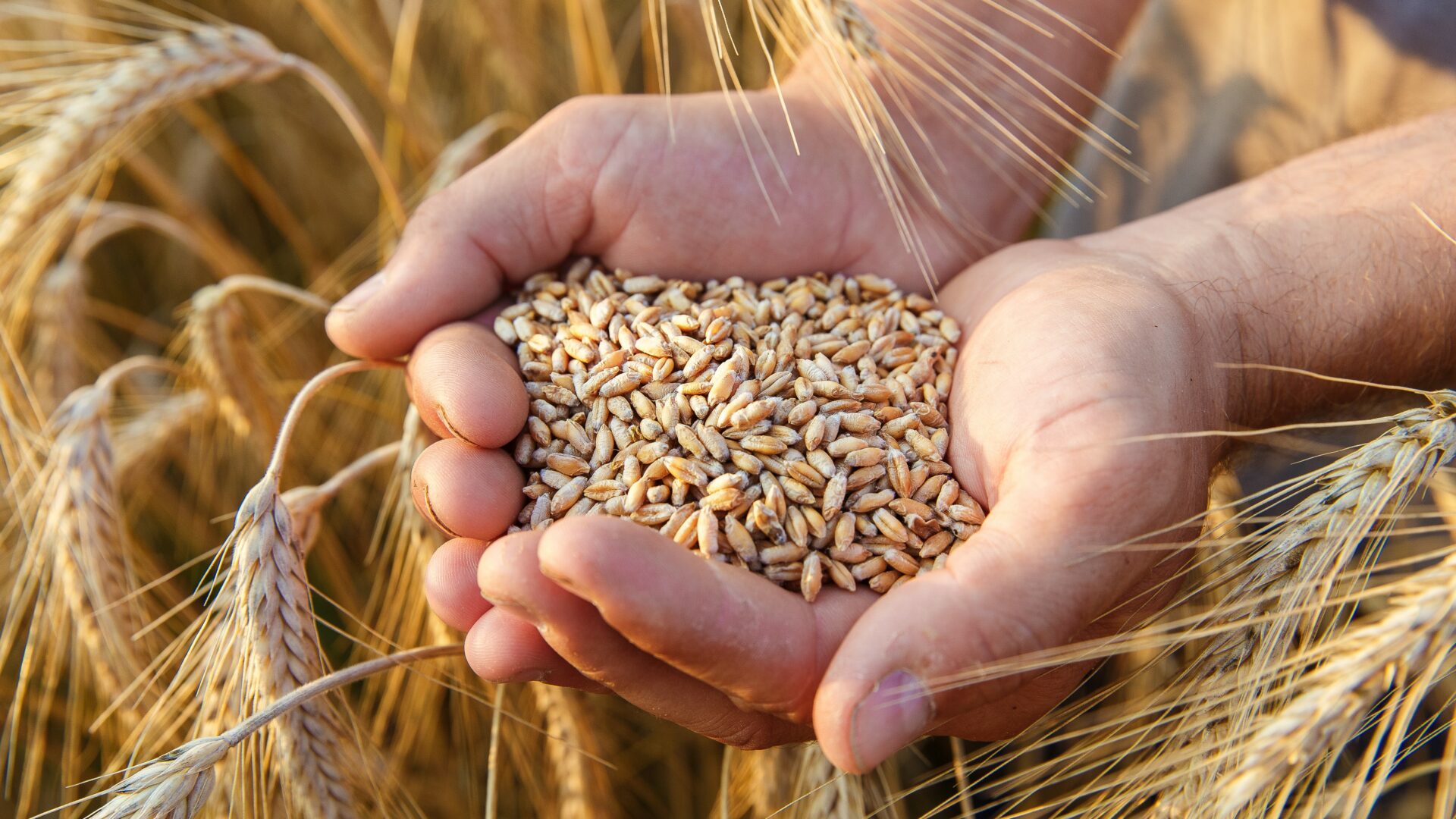In addition to the humanitarian tragedy caused by the military invasion of Ukraine ordered by the Russian government, the war waged on the country is also putting the entire global food system under threat.
Ukraine is one of the world’s breadbaskets and Russia’s aggression is threatening the global supply of staple crops. Between the two, Ukraine and Russia account for 30% of world trade in wheat, 32% of barley, 17% corn and more than 50% of sunflower oil and seeds.
Escalating food prices that are already plaguing consumers around the world look set to get much worse. The United Nations has warned that already record global food costs could increase by a further 22% as the war stifles international trade and decimates future harvests.
Over the past week, we have already seen calls for the European Union to shelve its sustainability agenda to try to maintain the continent’s food security. But while immediate interim measures will indeed need to be applied due to the conflict in Ukraine, climate change remains a great threat to food security.
Failing to address climate change means that there simply will not be sufficient resources to feed the global population in the longer run. Sustainability, biodiversity and agriculture can – indeed must – co-exist. If we can agree on this fundamental principle, then the remaining question is ‘how’. Of course the war in Ukraine creates enormous uncertainty over the ‘how’, but that surely just makes the need to find solutions more urgent, rather than abandoning our efforts altogether.
The fundamentals of the Farm to Fork strategy are sound. But to meet its requirements, farmers must have a toolkit that will allow them to supply food in a sustainable manner. Farmers and their suppliers need a supportive EU regulatory environment for innovation to allow them to produce sufficient food sustainably.
We are accelerating our efforts around innovation to provide solutions that will enable farmers to overcome myriad challenges. That includes new ideas to help farmers contend with everything from pests and disease, extreme weather events to society’s changing dietary trends – all the while with an eye on benefiting our environment.
Agricultural technologies are evolving faster than ever, but it takes up to 11 years for a single product to be processed through the regulatory system before finally arriving on the market. Meanwhile, crop pests and diseases (and even societal changes) don’t conveniently keep to this lengthy timeframe. Farmers need to deal with them right now.
By ensuring timely authorisations, the EU can allow rapid access to a variety of innovative crop protection solutions, so helping farmers improve the quality, market access and tradability of their produce.
Next week, the European Commission is due to publish a revision of the rules for the sustainable use of pesticides, as part of the EU’s Nature Protection Package. This is yet another opportunity to discuss and openly promote the innovative agricultural tools and technologies that we will need to secure a sustainable and secure food supply.
As the threat to global food supply rises, it is up to everyone involved to ensure that we do everything possible to avert a food crisis, whether from war or from climate change. CropLife Europe is keen to engage in a broader dialogue and help provide the solutions.
Olivier de Matos, CropLife Europe Director General

